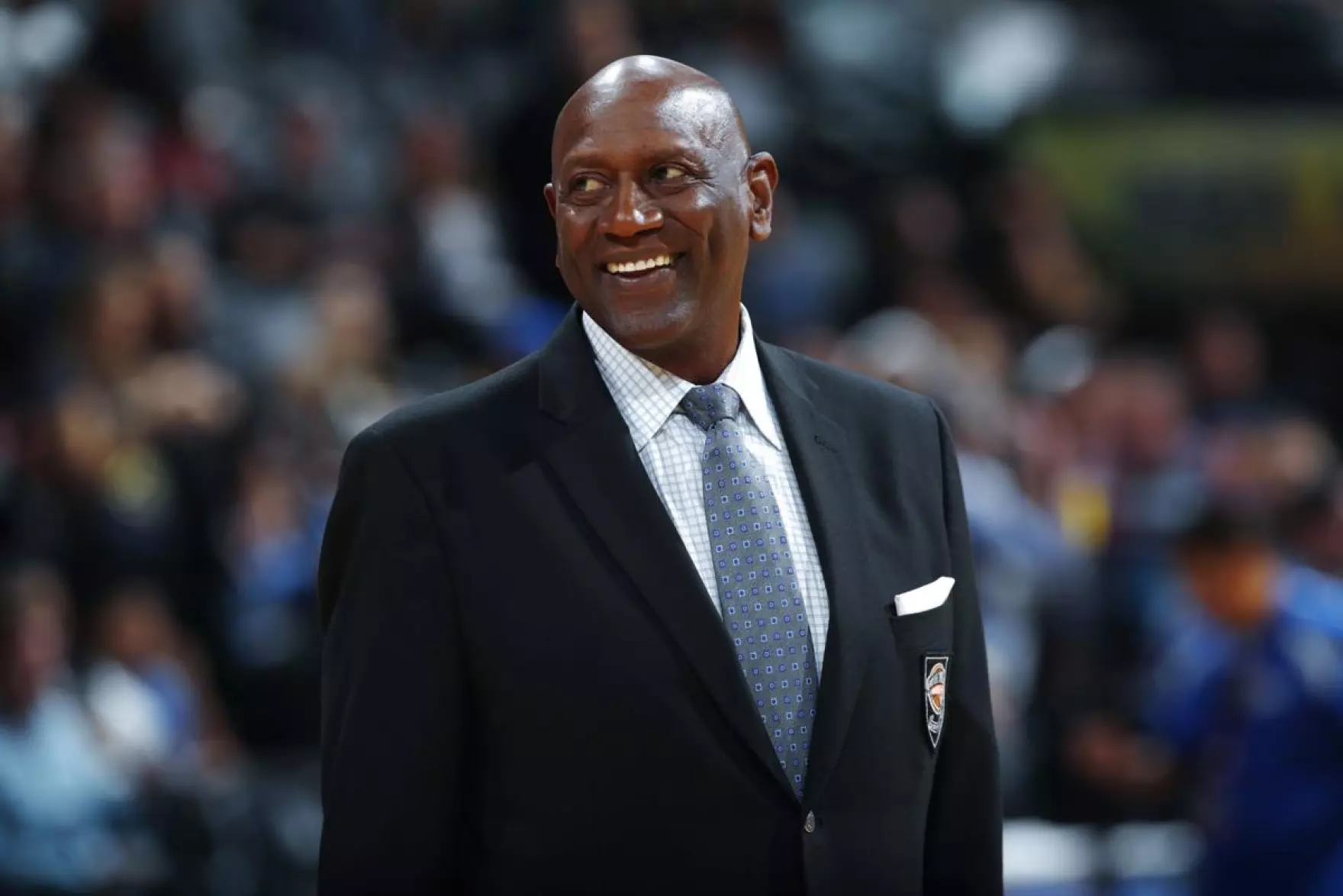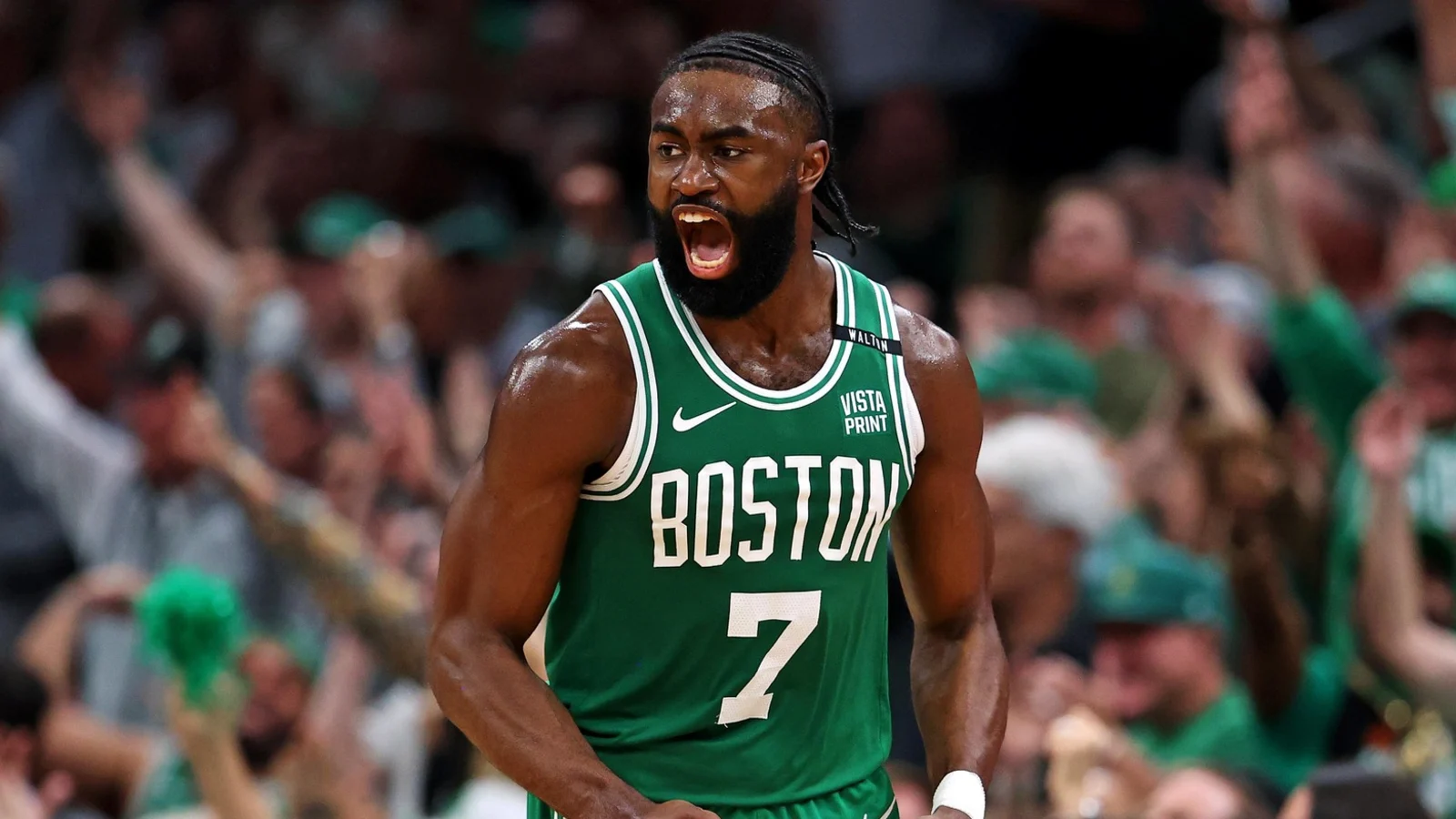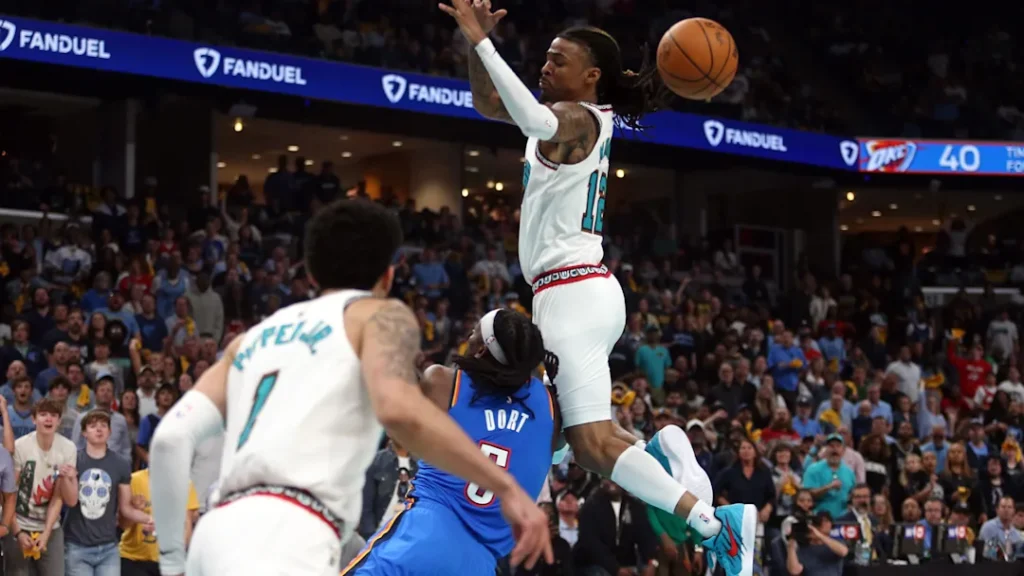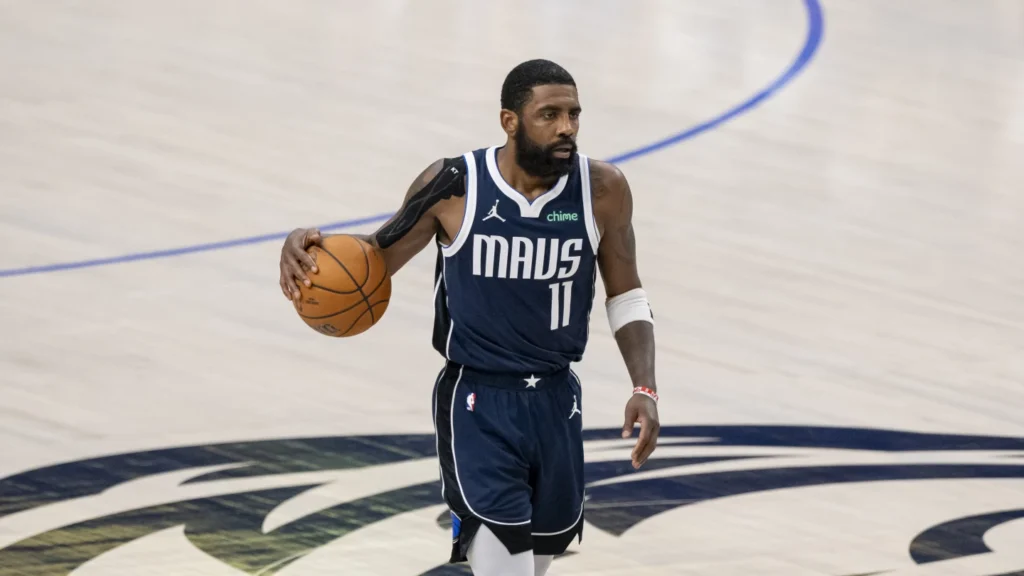
Spencer Haywood changed the NBA forever — and if you listen closely, he’s still shaping the conversations around it today.
The Hall of Famer, Olympic gold medalist, and civil rights pioneer remains outspoken on everything from today’s top players to the politics behind who gets celebrated and who gets left out.
In a recent conversation with Scoop B Radio, Haywood reflected on his career, today’s generation, and the powerful forces that have always existed behind the game’s brightest lights.
Even decades after he last played, his voice still commands attention for the honesty, perspective, and experience it brings.
Haywood doesn’t just tell stories — he teaches lessons rooted in survival, success, and sacrifice.
On Playing in the “Wrong” Era — And Breaking Barriers

When it comes to the way the game has grown financially, Haywood has a bittersweet perspective.Today’s NBA superstars regularly sign contracts worth hundreds of millions of dollars, and new television deals have inflated the league’s economy to heights unimaginable during his playing days. Haywood isn’t bitter, but he knows how much blood, sweat, and legal battles it took to create these opportunities.He was, after all, the young phenom who had to sue the NBA just for the right to play professionally before completing four years of college.
Reflecting on that journey, Haywood offered a candid mix of humor and historical gravity:
“Well, I played at the wrong time because I would’ve made some of this money that they’re making,” he said.
“But, if I had come at a different time, then they would be $65 Billion dollars short because I had to go to the Supreme Court to break the rules so that they could come into the NBA early and when they were qualified to go like tennis, baseball… like all the other sports.”
Today’s Stars: Love for Durant, Tatum, Brown and More

While Haywood’s playing days are decades behind him, his appreciation for today’s players burns brightly.He stays connected to the modern game, studying not just players’ skills, but also their personalities, principles, and presence.
For Haywood, talent alone isn’t enough — he gravitates toward players who stand for something beyond the hardwood.The evolution of the NBA has given rise to stars who are just as comfortable speaking out on social issues as they are executing step-back jumpers, and Haywood sees himself in many of them.
When asked which players he enjoys watching most outside of the headline acts, his eyes lit up and his answer came easily: “I enjoy watching Kevin Durant,” he said.
“Oh yeah! I love watching him. I love that lineup that you just gave me but, one of the other guys that I love is, I love watching Jayson Tatum and I love Jaylen Brown because I like his stances [on issues]; he’s a little bit of a radical so I kind of appreciate that and it adds a little more special to his stuff.”
The 2028 Olympics: “You Cannot Leave Jaylen Brown Off”

As discussions have heated up about the future of USA Basketball and the 2028 Olympics in Los Angeles, Haywood has clear ideas about who deserves to wear the red, white, and blue.
Winning Olympic gold is a cherished milestone in Haywood’s life, and he believes it should be a similar honor for today’s stars. But selection to Team USA is never simple, with politics, reputations, and sometimes even grudges playing a role.
Haywood knows this well — he’s lived through eras where players’ personal beliefs and off-court activism could affect their careers.
With those experiences in mind, Haywood made it clear who absolutely must be on the roster when asked whether Boston Celtics megastar Jaylen Brown deserves a nod.
“Oh he’s GOTTA play in the 2028 Olympics,” Haywood said of Jaylen Brown.
“You know I’m a gold medalist too…. So yes. He MUST play! Jaylen Brown? Oh my god! You CANNOT leave him off, nor can you leave Kyrie [Irving] off. So hey, that’s my opinion — and I’m a Nike guy!]”
Politics and Player Selection: An Unchanging Reality

No conversation about Olympic basketball would be complete without addressing the elephant in the room: the persistent role of politics.
Despite the league’s progress, Haywood sees the same old games playing out behind the scenes. He has watched too many deserving players snubbed or sidelined because of narratives crafted off the court rather than on it.
In Haywood’s eyes, what happens around roster selections isn’t always about ability — it’s often about image control, relationships, and perceptions.
Summing it up with a laugh and a sigh, he cut straight to the truth: “It’s ALL politics,” he said.
“And it’s always some shit goin’ on.”
The Future of Team USA: Young Stars, New Challenges

Looking ahead to 2028, Haywood believes it’s inevitable that USA Basketball will need to retool and refresh its roster.
The core that brought home gold medals today might not be the same one leading the charge four years from now.Natural attrition through age, injuries, and changing priorities will open doors for new faces. In Haywood’s mind, the turnover isn’t something to fear — it’s a chance to inject new energy into the team. As he looked ahead, he framed the challenge with clear-eyed pragmatism:
“Well I think that we’re gonna have to replace what… maybe, three players I know and some of the other players that were on last year’s gold medal team,” he said.
“It might be a run for their money because you have to bring in everybody again, so…”
Ja Morant, Politics, and the Power of Second Chances

Among the players Haywood is most excited about for the future, one name stands above the rest: Ja Morant.
Despite Morant’s controversies and headlines, Haywood sees potential that shouldn’t be buried by mistakes or media scrutiny. He believes that too often, young Black athletes are not given the same margin for error as others. For Haywood, Morant represents not just dazzling athleticism, but the spirit of resilience and rebirth.
With a playful smile and a pointed plea, Haywood shared his hopes: “Oh! You took that name right out,” Haywood said.
“Ja Morant is like Rastafari for sure. Yeah! And politics please back off so that these young brothers can play and go great for America! Oh say can you see by the dawn’s early light.”
Records Meant to Be Broken?

As monumental records continue to fall in the NBA, Haywood enjoys speculating about who might be next to rewrite history. From scoring to assists, the next generation’s longevity and early starts give them unprecedented chances.Haywood understands better than most how grueling maintaining greatness can be across decades.
He respects the milestones set by LeBron James who holds the NBA’s scoring record by amassing over 40,000 total points and counting and in Naismith Hall of Famer John Stockton who holds the NBA’s record for most assists totaling 15,806.
Haywood believes their records are not unbreakable — especially with how the game has changed.
Surveying the field of young superstars, he offered some names to watch:
“I still like Luka [Dončić] to break John Stockton’s passing record,” said Haywood.
“And Luka might be up there to break LeBron’s 40,000 because he’s starting so early in the game so, that’s one. Joker for scoring, but not assists. You know if Ja Morant would put his mind to it and just become an assist maker, he could easily do it, you know? Because he has the time and he has the experience — he can score, but he can also make the passes as well. I like Kyrie Irving too.”
Why Haywood Respects Kyrie Irving — Beyond Basketball

Throughout the interview, one player’s name kept coming up with admiration: Kyrie Irving. Haywood’s praise for Kyrie went far deeper than on-court brilliance. In a league where individuality can often be punished, Haywood recognizes and respects the courage it takes to stand firm. He sees in Irving a kindred spirit — someone unwilling to be boxed in by others’ expectations.
Speaking passionately, Haywood explained what makes Kyrie different in his eyes:
“He stands up for himself,” he said.
“He stands up for people. He stands up for Native Americans, African Americans, White Americans, Jewish Americans… everybody — Y’all can’t be walking around tagging people, ‘Well he said this or they said that’… and brandish him so he won’t be in the Olympics and stuff like that. I hate that stuff because I went through it all of my life as a pioneer, I hate it.”
LeBron, Bronny, and Why “Nepotism” Is the Wrong Word

Finally, Haywood weighed in on one of the hottest debates in today’s NBA: LeBron James sharing the court with his son, Bronny as a member of the Los Angeles Lakers.
Some critics have cried nepotism, questioning whether Bronny has earned his spot on merit.
But Haywood sees things differently — and his perspective is shaped by a lifetime of witnessing how rare and beautiful generational moments can be.
Across sports, he points out, family dynasties have been celebrated, not scorned.
With conviction, Haywood defended LeBron’s dream:
“LeBron got it right,” said Haywood.
“EVERYBODY wanted to play with their son. Everybody wanted to use their power for them and their family and for the growth of their kids. I mean, isn’t it a great thing? I mean, I look at hockey; I look at Gordie Howe and I look at all the people that played with their sons and why is he being branded like, ‘Oh my god, he did a bad, bad thing!’ And the guy can play!”
At 76 years old, Spencer Haywood remains the same fierce competitor and truth-teller he’s always been: fearless, passionate, and willing to stand up for what’s right, no matter the cost.
The game he helped change has grown richer, faster, and flashier — but it still owes a heavy debt to the man who once took it all the way to the Supreme Court just to open the door.
And in Haywood’s world, opening doors — for others and for the future — is still what it’s all about.

